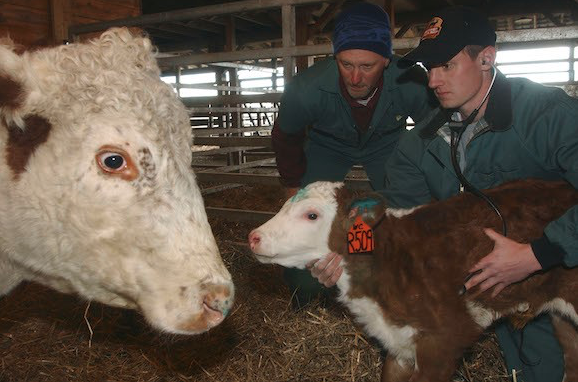Demand on the rise for agriculture courses

The University of Melbourne has made a record number of first-round offers for its Bachelor of Agriculture program in 2016, with almost 200 domestic students invited to enrol this academic year.
According to Victorian Tertiary Admissions Centre (VTAC) data released today, a total of 198 students have been offered places in this year's intake, up from 148 last year.
Director of Agricultural Programs and Dookie Campus Director Ros Gall welcomed the figures, saying it was recognition of the importance of agriculture to Australia as well as the popularity of the program itself.
"Agriculture is at the base of a number of challenges Australia faces, from feeding an increasing population, battling climate change and knowing how to best utilise our land and water resources," she said.
"This program really equips students with the knowledge and attributes that are valued by the industry, and our graduates are highly sought after."
It signals what could potentially be the biggest intake yet for the course, which last year had 153 enrolled students.
International offers have already been made, with 90 international students offered places. Out of those, there have been 29 acceptances and 13 confirmed international enrolments so far.
The Bachelor of Agriculture is not the only agricultural course to have enjoyed increased demand at the University, with 58 students today offered a place in the Diploma of Graduate Studies (DIGS) based at Dookie.
The pathway program allows guaranteed entry into a University of Melbourne Bachelor degree in agriculture, science, environment, commerce or biomedicine, with the required grades.
It has already proven to be highly successful, with over 85 per cent of DIGS graduates then progressing to a Bachelor degree.
The program is operated solely from the Dookie campus, a state-of-the-art working farm where Bachelor of Agriculture students can also spend up to six months studying.